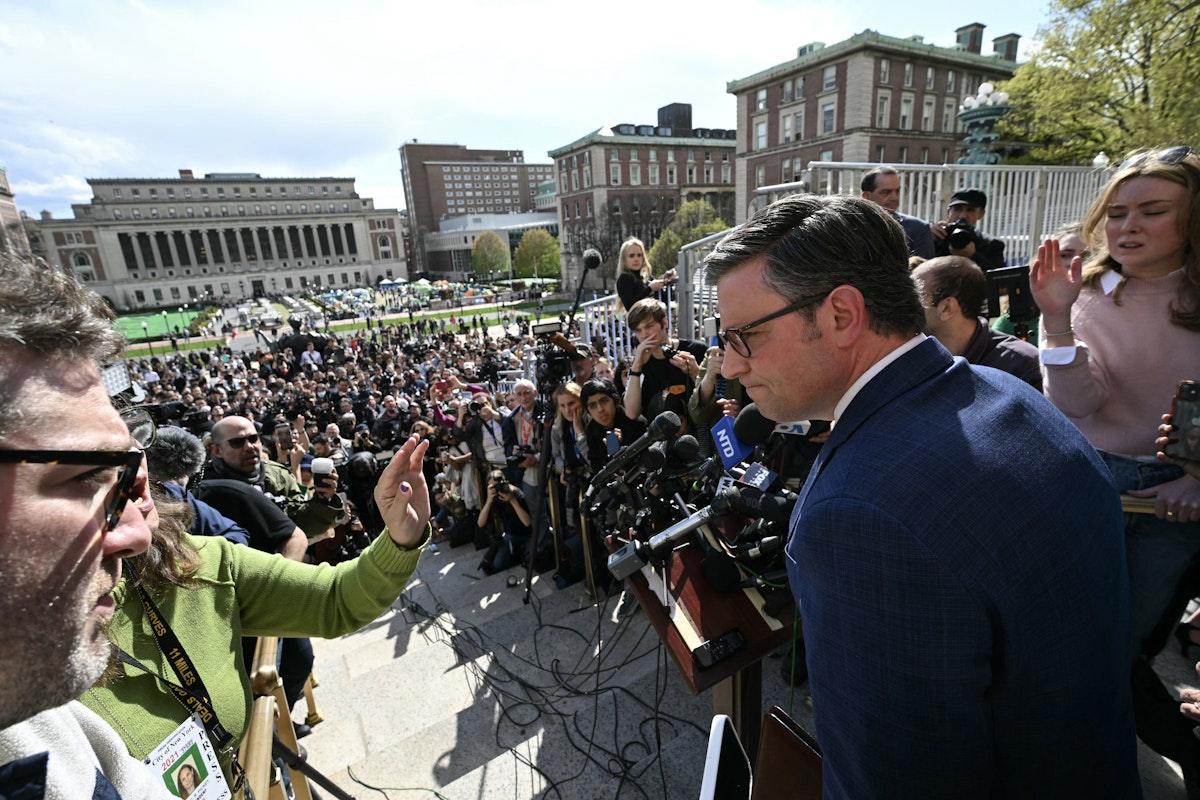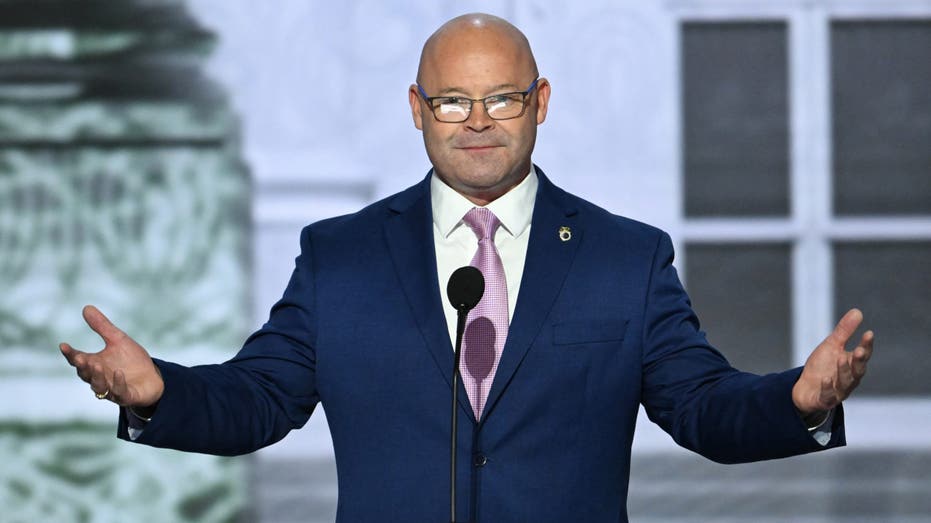Baltimore sees historic drop in homicide rate for first time in nearly a decade
Baltimore experienced less than 300 homicides in 2023, marking the first time in nearly a decade. The 20% annual decrease is attributed to ongoing anti-violence efforts.

Long plagued by rampant gun violence, Baltimore recorded less than 300 homicides last year for the first time in nearly a decade, ending a surge that began in 2015 following the death of Freddie Gray, which sparked civil unrest and prompted widespread calls for police reform.
The 20% annual decrease, which city leaders called the largest ever, suggests Baltimore’s ongoing anti-violence efforts are working.
"We’re finally seeing those efforts paying off and saving lives," Mayor Brandon Scott said at a news conference earlier this week.
MURDERED BALTIMORE TECH CEO LATEST VICTIM OF PROGRESSIVE CRIMINAL JUSTICE, EXPERTS SAY
To some extent, Baltimore’s 2023 data is reflected nationwide as many cities have reported declines over the past several months following a pandemic peak.
But to Baltimoreans whose loved ones were among the 263 people killed last year in the city, the positive trend is bittersweet. Dozens of mourners gathered outside City Hall for a candlelight vigil Wednesday night where elected officials and community leaders read aloud the victims’ names.
"We’re nowhere near where we want to be, but 20% is substantial. We have to celebrate," said Ray Kelly, a longtime Baltimore police reform activist who attended the vigil. "That’s 60 less families getting heartbreaking news."
While pinpointing a specific cause for the decrease is virtually impossible, officials and residents cited a confluence of factors that likely contributed, including law enforcement initiatives and community supports. An uptick in youth violence beginning in early 2023 added urgency to the work.
BALTIMORE’S ‘CRAZY’ CRIME SURGE TAKES TOLL AS LONGTIME LOCAL BUSINESS FORCED TO CLOSE: ‘NOT SAFE’
Scott, a Democrat who is running for reelection this year, heralded his administration’s comprehensive violence strategy, which seeks to address the root causes of gun violence by treating it as a public health crisis and combining targeted enforcement actions with resources and social programs that help people choose a different path.
Those efforts have coincided with a series of court-ordered police reform measures aimed at curbing unconstitutional policing practices. The city’s police department was placed under a federal consent decree after the Justice Department launched an investigation in the wake of Gray’s death from spinal injuries sustained during transport in a police van.
Since then, Baltimore’s annual homicide count has remained stubbornly above 300, a number that has come to symbolize an undesirable high-water mark in a city consistently ranking among the nation’s most violent per capita.
Scott noted last year’s drop in homicides was accompanied by a decrease in unconstitutional arrests. A recent report from the city’s consent decree monitoring team says officers are making fewer arrests without probable cause.
"There’s much more work to be done," Baltimore Police Commissioner Richard Worley said. "I think we’ve shown over the last couple years that we can both reduce crime and reform a police department at the same time."
Nonfatal shootings also decreased about 7% last year, according to Baltimore police data, while gun violence soared in neighboring Washington, D.C.
Baltimore homicide detectives solved about 45% of their cases in 2023, a modest increase from the year before despite a deepening manpower shortage that has severely impacted the unit, agency leaders said. Nationwide, the homicide clearance rate hovers between 50% and 60%.
While clearing cases brings families closure and helps build public trust, officials said, the issue of curbing gun violence extends far beyond solid policework.
"Police are not going to solve this problem alone. There’s just no way," Director Steven Dettelbach of the Bureau of Alcohol, Tobacco, Firearms and Explosives said following a Baltimore news conference Thursday morning.
Targeted enforcement is key, said U.S. Attorney for Maryland Erek L. Barron. He said police and prosecutors are using their limited resources to go after a relatively small number of known trigger pullers.
Local, state and federal law enforcement leaders touted their collective work to target Baltimore’s most violent offenders, dismantle drug trafficking organizations and seize illegal guns.
Baltimore police are building stronger gun cases, in part because they are working with federal investigators and using ballistics technology to trace individual firearms. In turn, prosecutors are charging more gun cases in federal court, where defendants often face harsher penalties, they said.
About six months after Scott took office in December 2020, he released a five-year plan he hoped would reduce Baltimore gun violence by 15% annually. He created a new office to oversee anti-violence efforts, including the city’s flagship Safe Streets program, which employs conflict mediators with credibility and knowledge of the streets.
The plan also includes a Group Violence Reduction Strategy, which is still being rolled out. It relies on a collaboration between Baltimore police and community groups to target potential shooters and victims, offering them services and support, including employment opportunities, therapy and life coaching. Similar initiatives have seen success in other cities.
While the numbers are promising, city officials and community leaders acknowledged the gaping shortfall that remains when it comes to meeting the needs of young Black men from Baltimore’s poorest and most overlooked neighborhoods. Most perpetrators of violence grow up in poverty and attend underperforming schools. Signs of the local drug trade are all around them and vacant houses line their streets.
BALTIMORE POLICE WARN SUSPECT AT LARGE IN FEMALE CEO SLAYING WILL 'KILL'
For Brunetta Phair, whose older brother was shot and killed last spring, the city’s recent progress has brought her family little comfort.
"It’s still not enough," she said. "I understand the numbers are going down, but it’s just not enough."
Clifton Phair, 59, died May 10 from multiple gunshot wounds, according to police. A Baltimore native, he joined the military after high school and left behind two adult children, his sister said.
"He came home from work, stopped to talk to his neighbor and ended up dead," Brunetta Phair said. She attended Wednesday’s vigil to honor her brother’s memory and remind city officials that his family is still waiting for answers as the case remains unsolved.



